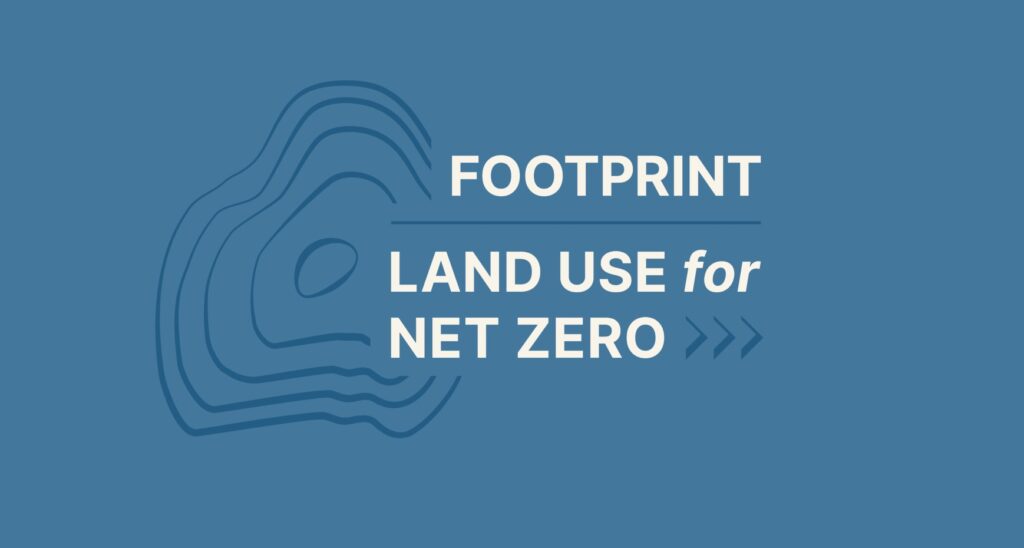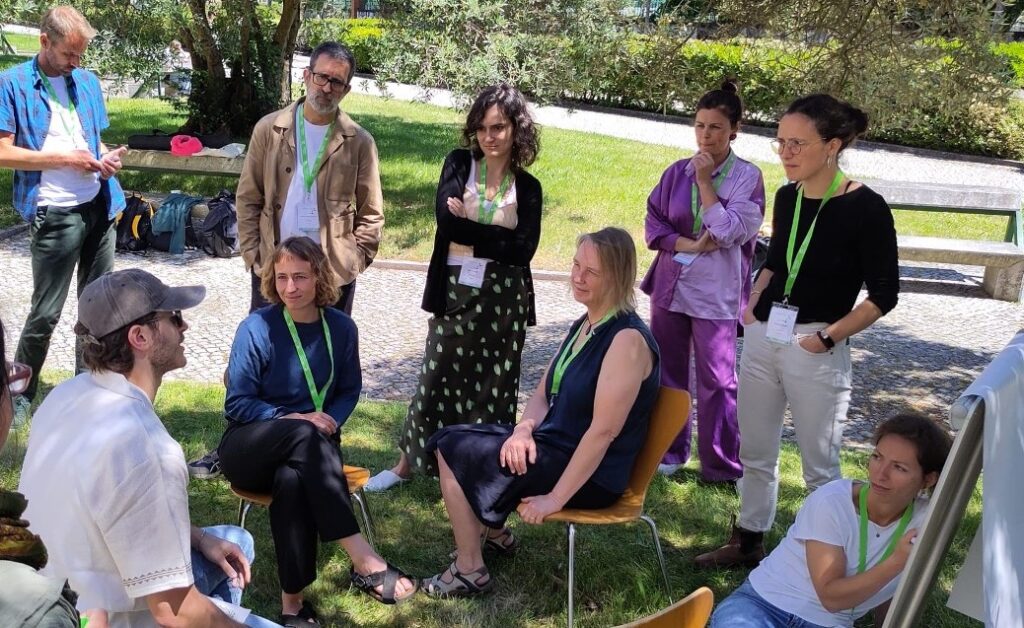On 6th March the CCRI hosted an interactive event to discuss a range of issues around the theme of nature recovery. It was an interesting mix of people with similar but diverse views on current approaches and needs, and where Nature Recovery activities and strategies might go in the future. Some overall points that seemed to come through:
Proposal for a National-level Strategic support tool
- It is worth exploring the need for a strategic support tool to provide national-level perspectives and data to underpin and support the current growth in regional and local nature recovery projects.
- Importantly, it will go beyond ‘snapshots’ and allow the exploration of future scenarios and potential routes to agreed goals.
Citizen science in nature recovery projects
- Citizen science has an important role to contribute to nature recovery projects, with a focus on fewer more committed volunteers who are embedded in a project and help shape it.
- The emphasis on developing topophilia (a love of ‘place’) helps both the nature recovery project and increase the awareness of environmental issues in the participant live more generally.
Large scale nature recovery project
- Some projects like Big Chalk cover vast areas and these need small area and topic based groups to develop a sense of community and practical delivery.
- Convening such groups is difficult but possible with different interests working together on the ground to solve real issues.
Knowledge and skills
- Nature recovery covers a wide range of knowledge types, spatial scales, and local stakeholders: requiring novel skills, support, and guidance. This presents a challenge to conventional decision-making and implementation.
- Developing a shared understanding is an adaptive process that requires evidence-led best practice, cross-stakeholder engagement, and inclusion.
Delivering nature recovery
- At a time when views seem to be polarising nature recovery project provide an opportunity for developing a sense of community around both shared vision and practice.
- This has to be rooted in on-the ground experience with research adding too rather than leading discussions.
Current policy
- The Local Nature Recovery Strategy (LNRS) is a step forward from the previous attempts, such as Biodiversity Action Plans which only engaged conservation groups, but it still needs to go someway to be relevant to land managers and the general public.
- The current structure of Landscape Recovery is such that it is more attractive to larger organisations and lacks components attractive to engagement and developing a shared vision.
Sharing what good looks like
- The practical delivery of nature recovery is something that needs sharing to a wider audience and in a practical way.
- There is scope to increase the knowledge exchange through low-cost topic focused gatherings attractive to land managers, advisers, eNGOs and researchers.
- The focus should be on honest discussions on nature recovery between a range of interests in order to find a way forward and share key messages.
- For the general public there is a thirst to understand what is happening in local landscapes they enjoy and how they can manage their own gardens to help wildlife.
WHAT ARE THE NEXT STEPS?
- Develop a series of events designed to share knowledge between eNGOs, land managers, advisers and researchers. Rotating hosts and ‘bring your own’ approach would help reduce any costs.
- There is a particular need to effectively engage with and learn from farmers and land managers on issues of nature recovery.
Sharing challenges and opportunities in order to locate or collect data to improve delivery and create a better understanding of the benefits and requirement of nature recovery.
Should you wish to add to these details, please contact Chris Short cshort@glos.ac.uk




